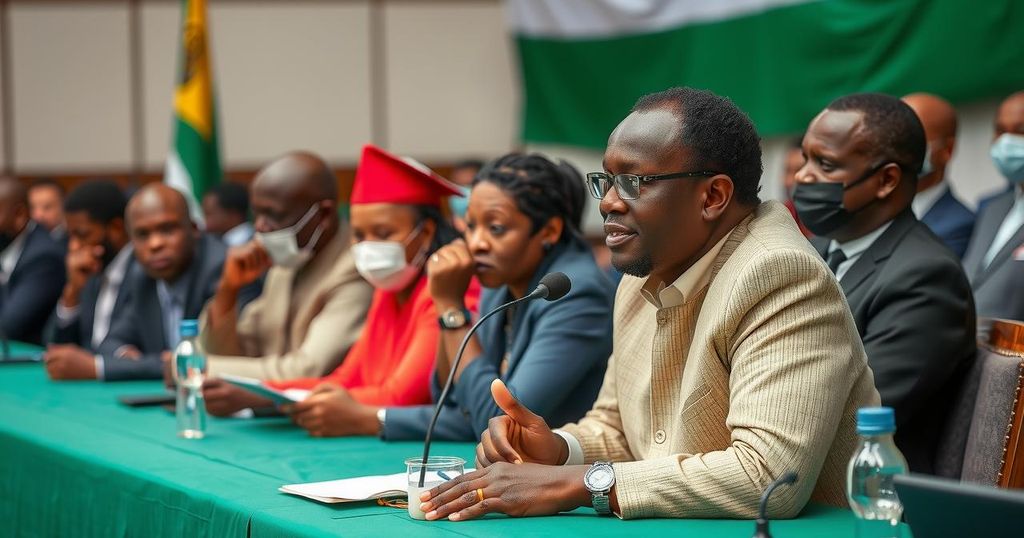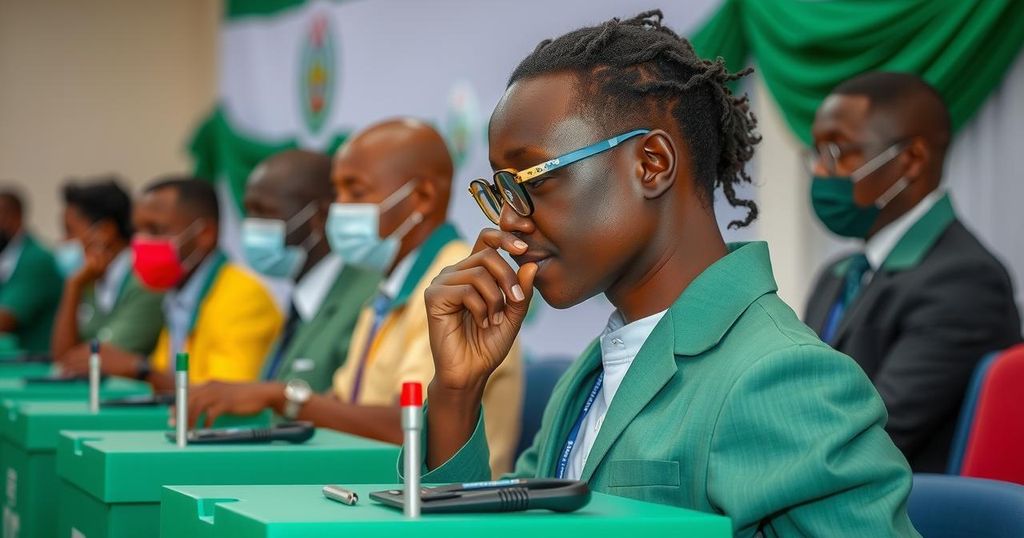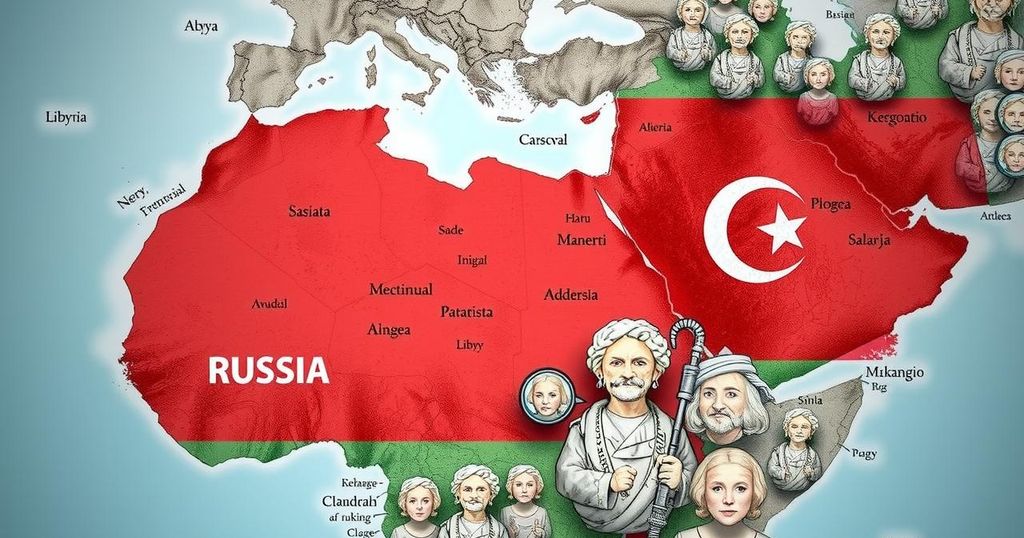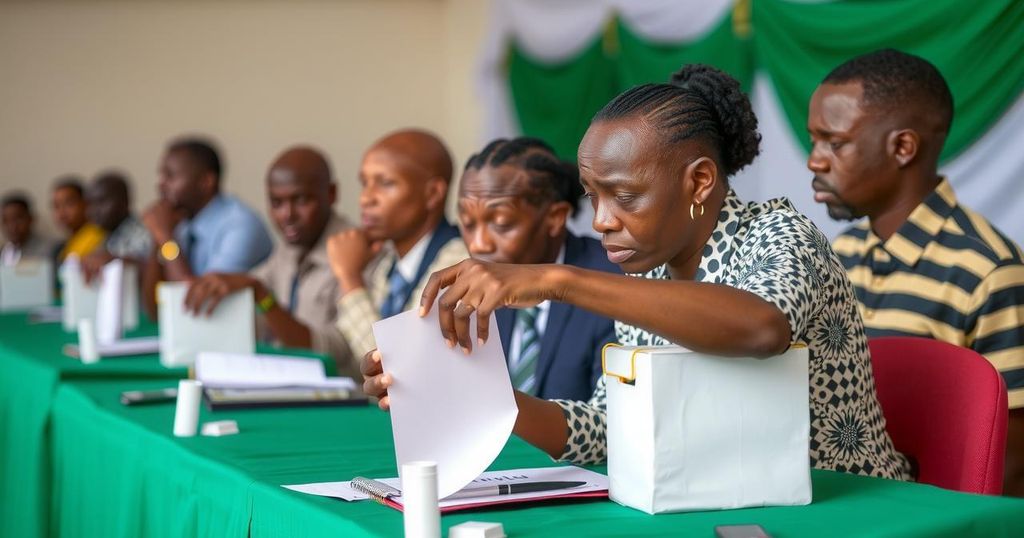World news
2024 ELECTIONS, ABDALLAH SAMBI, AFRICA, AFRICA CENTER FOR STRATEGIC STUDIES, AHMED, AP, AP AFRICA NEWS, ASSOUMANI, AZ, AZALI ASSOUMANI, COMOROS, CONVENTION FOR THE RENEWAL OF THE COMOROS, ELECTIONS, EUROPE, FRANCE, GOVERNANCE, GOVERNMENT, GRANDE COMORE, INDIAN OCEAN, JUWA, MADAGASCAR, MAYOTTE, MIT, MITSOUDJÉ, PRESIDENTIAL ELECTION, VOTER TURNOUT
Li Chen
0 Comments
Comoros Parliamentary Election Faces Boycott Amid Allegations of Authoritarianism
Comoros held a parliamentary election on Sunday, which was boycotted by several opposition parties due to concerns over the ruling party’s authoritarianism. Out of 850,000 residents, approximately 330,000 are registered to vote, but a low turnout is expected. President Assoumani’s party has faced allegations of conducting non-competitive elections amid accusations from opposition leaders regarding the integrity of the electoral process.
On Sunday, Comoros conducted a parliamentary election that faced a boycott from several opposition factions. The opposition has accused President Azali Assoumani and his ruling party of increasingly authoritarian practices, raising significant concerns about the election’s integrity. This election is crucial as it will select representatives for the 33 legislative seats, with results anticipated next week from the national electoral commission.
Approximately 330,000 individuals, out of an estimated population of 850,000, are registered to participate in the election. However, opposition parties have predicted a low voter turnout, reflecting widespread dissatisfaction with the political process. In previous elections, Assoumani’s Convention for the Renewal of the Comoros party received a majority of the contested seats, continuing its dominance since the 2020 parliamentary elections, which were labeled a “masquerade” by the opposition.
The political landscape in Comoros has been tumultuous, with Assoumani, a former military officer, originally seizing power in a coup in 1999. Following a brief departure from office, he returned to power in 2016 and has since altered the constitution to eliminate term limits, allowing him to maintain his presidency without adhering to prior agreements regarding power-sharing among the islands. The Africa Center for Strategic Studies has characterized Assoumani’s regime as increasingly repressive, with serious limitations on electoral competitiveness.
Despite the adverse weather conditions brought on by Tropical Cyclone Dikeledi, officials proceeded with the voting process, underscoring the administration’s commitment to holding the election amid significant opposition backlash and environmental challenges.
The political situation in Comoros has been characterized by instability and allegations of authoritarianism since the nation gained independence from France in 1975. The country is comprised of three islands and has experienced various military coups throughout its history. President Azali Assoumani has been a central figure in the country’s politics since 1999, with a history of altering electoral processes to maintain authority. The recent parliamentary elections are indicative of the ongoing tensions between the ruling party and opposition factions, who are increasingly disillusioned with the democratic process.
The parliamentary elections in Comoros, marred by an opposition boycott and allegations of electoral misconduct, reflect the deepening political crisis within the country. As President Assoumani continues to face criticism for his autocratic governance, including constitutional changes that have circumvented term limits, the future of Comoros’ democratic process remains uncertain. The upcoming results will be pivotal in determining the efficacy of the current administration against the backdrop of widespread discontent and electoral skepticism.
Original Source: www.wral.com




Post Comment